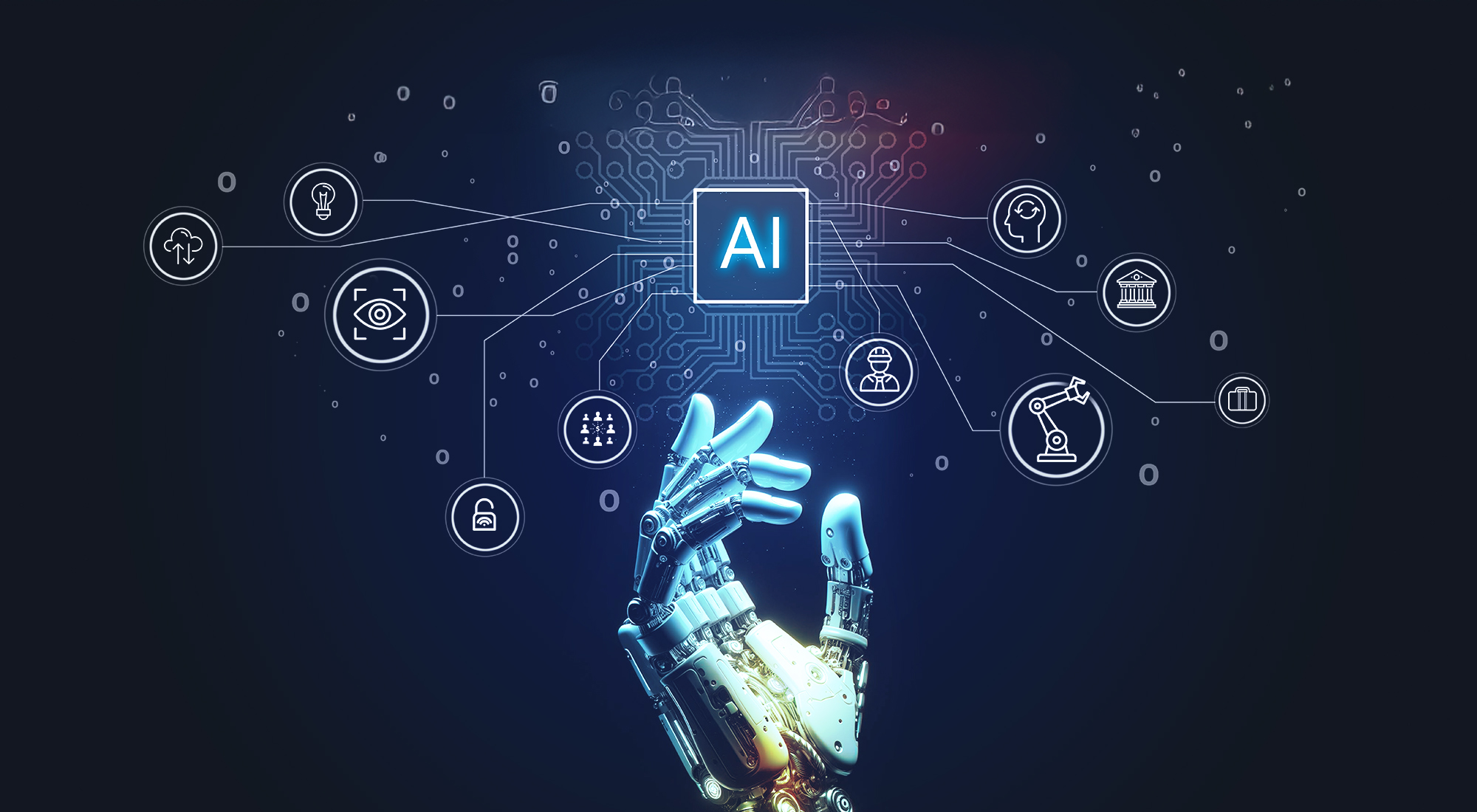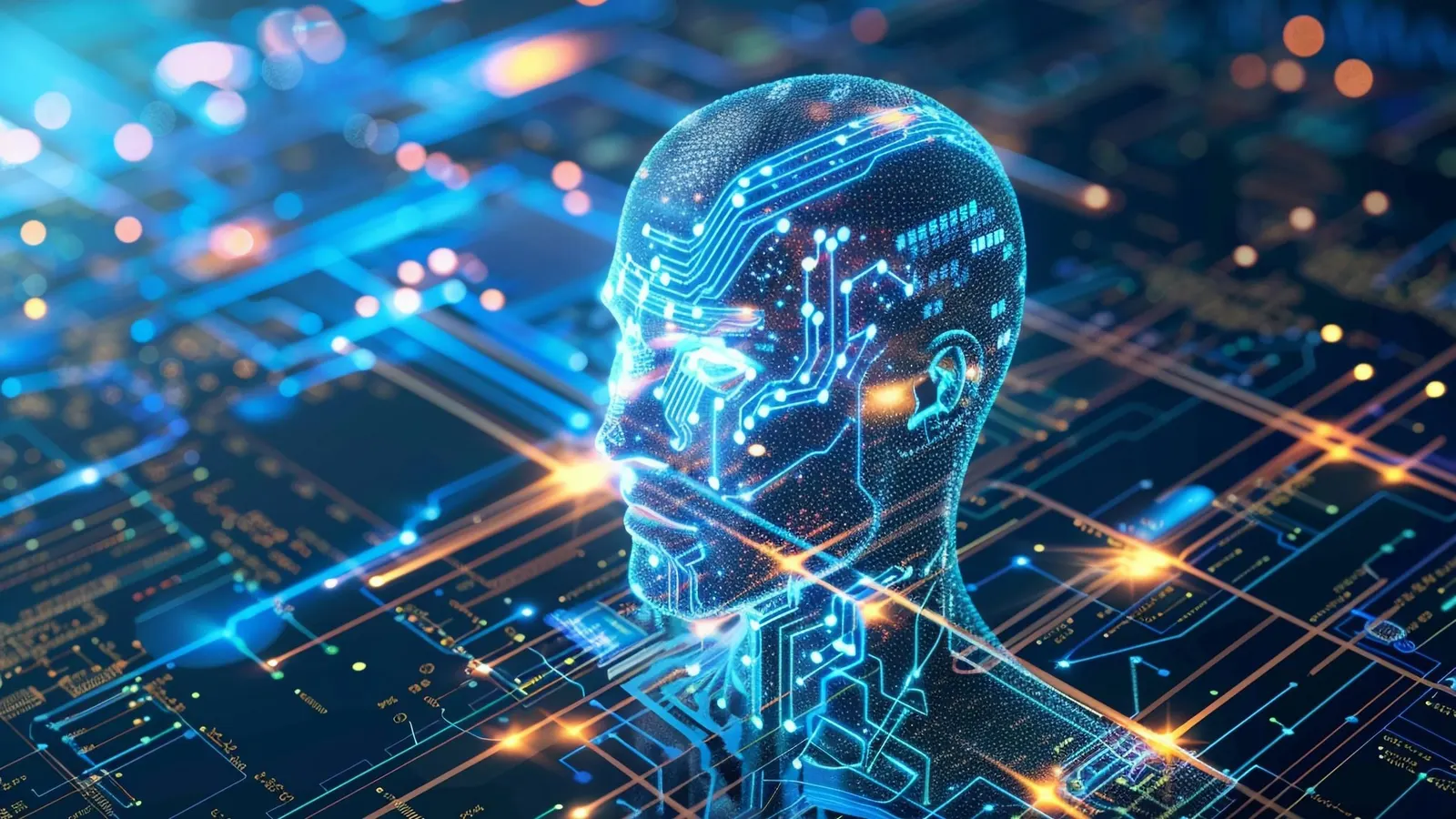Did you know that by early 2025, over 73% of Canadian businesses were using some form of artificial intelligence in their daily operations? This number has grown dramatically from just 34% in 2023, showing how quickly AI has become part of our everyday lives. But with this rapid growth comes a bunch of really important questions about whether we're using AI in the right way.
As AI gets smarter and more powerful, we're starting to see some pretty serious ethical problems pop up. From privacy concerns to unfair treatment of different groups of people, the way we develop and use AI technology is raising questions that didn't exist just a few years ago. These aren't just problems for tech companies to figure out – they affect all of us, especially here in Canada where we're trying to be leaders in responsible AI development.
In this article, we'll explore the biggest ethical challenges facing AI today, look at how these issues are playing out specifically in Canada, and discuss what we can do to make sure AI helps everyone instead of causing harm. We'll cover privacy concerns, the problem of bias in AI systems, and the broader impact AI is having on Canadian society.
Privacy and Data Protection in the Age of AI
One of the biggest ethical concerns with AI is how it handles our personal information. AI systems need massive amounts of data to work properly, and a lot of that data comes from regular people like us. Every time we use our phones, shop online, or even walk past a security camera, we're potentially feeding data into AI systems.
In Canada, this has become a major issue. According to a recent survey from March 2025, 68% of Canadians said they were worried about how AI companies were using their personal data. The problem is that many people don't even realize how much information they're sharing or what it's being used for.
Dr. Sarah Chen, a privacy researcher at the University of Toronto, explains it this way: "Most Canadians have no idea that their shopping habits, social media posts, and even their walking patterns are being analyzed by AI systems. The consent process is often so complicated that people just click 'agree' without understanding what they're agreeing to."
Government Response and Regulation
The Canadian government has been trying to address these concerns through new legislation. In June 2025, Parliament passed updated privacy laws that require companies to be much clearer about how they collect and use personal data for AI purposes. However, many experts think these laws don't go far enough.
Professor Michael Rodriguez from McGill University's AI Ethics Lab notes: "The new regulations are a step in the right direction, but they're still playing catch-up with technology that's advancing incredibly fast. By the time we figure out how to regulate one type of AI system, companies have already moved on to something completely different."
Algorithmic Bias and Fairness
Another huge ethical problem with AI is bias – when AI systems treat different groups of people unfairly. This happens because AI learns from data created by humans, and humans have biases. So if the data used to train an AI system reflects unfair treatment of certain groups, the AI will continue that unfair treatment.
In Canada, we've seen several concerning examples of this. A study released in April 2025 found that AI systems used by Canadian banks to approve loans were 23% more likely to reject applications from Indigenous applicants, even when they had similar credit scores and income levels as non-Indigenous applicants. This kind of bias can make existing inequalities even worse.
The problem shows up in other areas too. AI systems used in hiring have been found to discriminate against women and visible minorities. In healthcare, some AI diagnostic tools work better for white patients than for patients from other ethnic backgrounds, which could lead to misdiagnoses and worse health outcomes.
Efforts to Address Bias
Recognizing these problems, many Canadian organizations are working to make AI fairer. The Vector Institute in Toronto has developed new methods for detecting and reducing bias in AI systems. Their research, published in July 2025, showed that it's possible to significantly reduce bias, but it requires constant monitoring and adjustment.
Dr. Amara Okafor, who leads the fairness research team at Vector Institute, says: "Eliminating bias from AI isn't a one-time fix – it's an ongoing process. We need to constantly check our systems and be willing to make changes when we find problems. The cost of not doing this is too high, especially for communities that have already faced discrimination."
Societal Impact and Job Displacement
Beyond privacy and bias, AI is having a massive impact on Canadian society as a whole. One of the biggest concerns is job displacement – the idea that AI will replace human workers in many industries. While AI can make businesses more efficient and create new types of jobs, it's also eliminating others, and this transition isn't always smooth.
According to Statistics Canada's latest report from May 2025, approximately 2.1 million Canadian jobs could be significantly affected by AI automation over the next decade. This includes not just factory jobs, but also white-collar work like accounting, legal research, and even some medical diagnostics. The report found that workers without post-secondary education are most at risk, but even university graduates aren't immune.
The impact isn't distributed evenly across the country. Provinces that rely heavily on resource extraction and manufacturing, like Alberta and Ontario, are expected to see more job displacement than provinces with more service-based economies. Rural communities are particularly vulnerable because they often have fewer alternative employment opportunities.
Preparing for the Future of Work
The good news is that Canada is taking steps to help workers adapt. In February 2025, the federal government announced a $4.2 billion program to retrain workers whose jobs are at risk from AI automation. The program focuses on helping people develop skills that complement AI rather than compete with it – things like creative problem-solving, emotional intelligence, and complex communication.
James Thompson, director of the Canadian Labour Congress's Future of Work initiative, believes this approach is crucial: "We can't stop technological progress, nor should we want to. But we have a responsibility to make sure that the benefits of AI are shared broadly and that workers aren't left behind. This means investing heavily in education and retraining programs."
Accountability and Transparency in AI Systems
Perhaps the most challenging ethical issue with AI is the question of accountability. When an AI system makes a mistake that hurts someone, who is responsible? This becomes especially complicated because many AI systems, particularly those using deep learning, work in ways that even their creators don't fully understand.
This "black box" problem has real consequences. In August 2025, a major Canadian hospital had to review hundreds of cancer diagnoses after discovering that their AI diagnostic system had been making errors for months. The system was supposed to help doctors identify tumors in medical scans, but it had been missing certain types of cancer while flagging healthy tissue as problematic.
The incident raised serious questions about how much we should rely on AI for critical decisions, especially when we can't fully explain how these systems reach their conclusions. It also highlighted the need for better oversight and testing of AI systems used in healthcare and other high-stakes situations.
Building Trustworthy AI
To address these concerns, Canadian researchers and policymakers are working on ways to make AI systems more transparent and accountable. The Canadian Institute for Advanced Research (CIFAR) launched a major initiative in January 2025 focused on developing "explainable AI" – systems that can provide clear reasons for their decisions.
Dr. Lisa Park, who leads this initiative, explains: "If we're going to trust AI with important decisions, we need to understand how those decisions are made. This isn't just about technical transparency – it's about ensuring that people affected by AI decisions have the right to understand and challenge them."
Moving Forward: Building Ethical AI in Canada
As we've seen throughout this discussion, the ethical challenges surrounding AI are complex and interconnected. Privacy concerns, algorithmic bias, job displacement, and accountability issues all need to be addressed if we want to harness the benefits of AI while minimizing its potential harms. Canada has an opportunity to be a global leader in ethical AI development, but this will require continued effort from government, industry, and civil society.
The path forward isn't about slowing down AI development, but about being more thoughtful and intentional about how we develop and deploy these powerful technologies. This means investing in research on AI safety and ethics, creating stronger regulatory frameworks, supporting workers through the transition, and ensuring that the benefits of AI are shared broadly across Canadian society. By taking these steps now, we can help ensure that AI serves the common good rather than exacerbating existing inequalities or creating new forms of harm.



